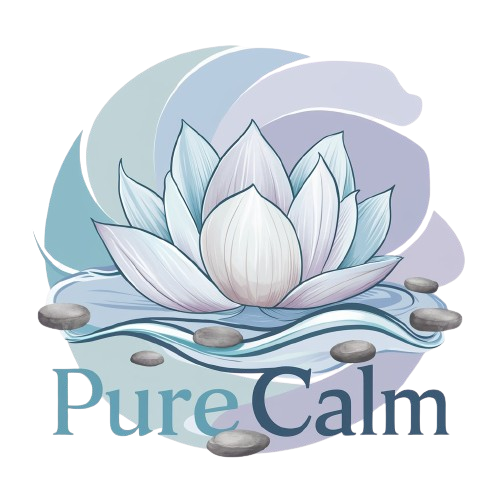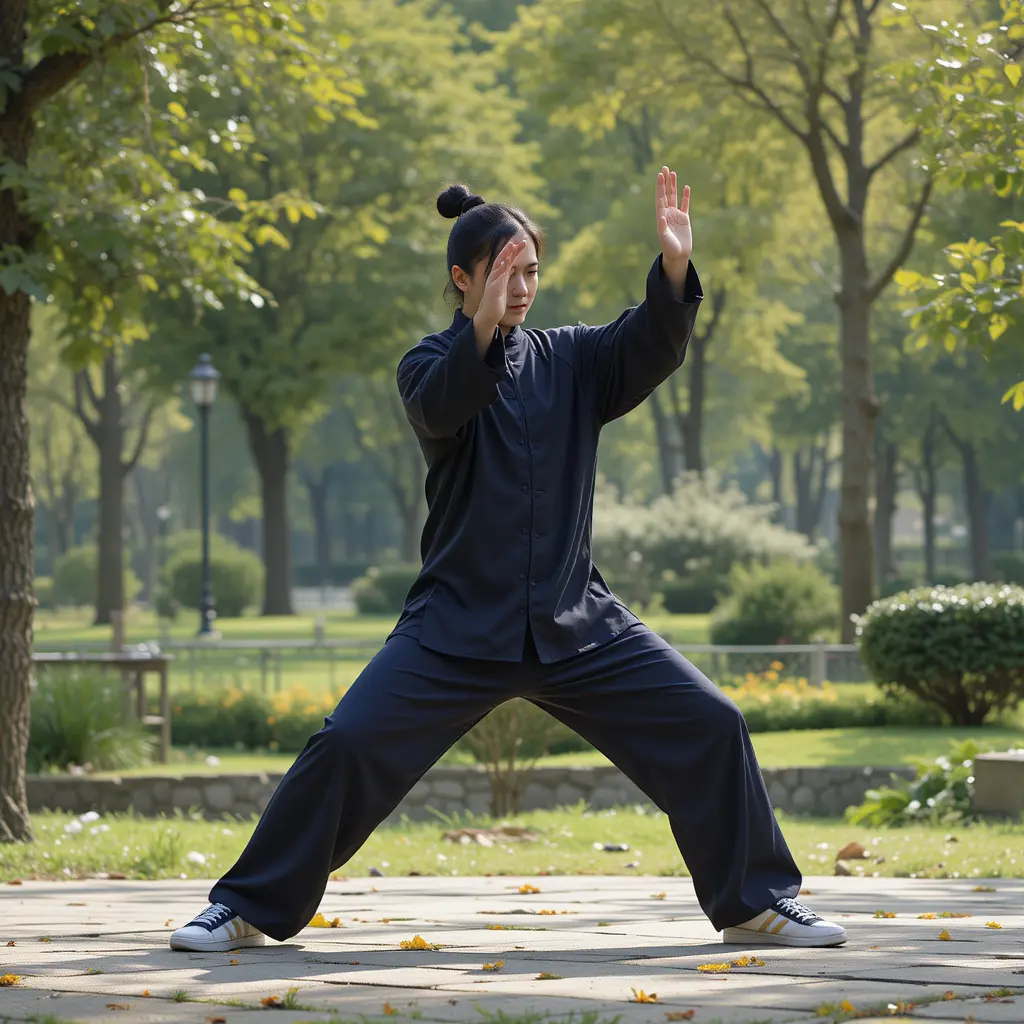Imagine a tool that fits in your pocket, ready to calm your mind at any moment. Deep breathing offers this simple yet powerful solution to stress and anxiety. By focusing on your breath, you can quickly shift your body’s response to stress. This article explores how deep breathing works and why it is effective in providing instant relief. Discover the science behind this natural technique and learn how to incorporate it into your daily routine for a more peaceful life.
Understanding Stress and Anxiety
Stress and anxiety are like uninvited guests that show up at the worst times. They can make your heart race and your mind spin. As a psychologist, I’ve seen how these feelings can take over, leaving people feeling trapped. But understanding them is the first step to finding relief.
The Nature of Stress and Anxiety
Stress is a natural response to challenges. Imagine you’re late for an important meeting. Your body reacts by releasing hormones that prepare you to act quickly. This is stress in action. However, when stress becomes constant, it turns into anxiety. Anxiety is like a car alarm that won’t stop ringing, even when there’s no danger. It can be exhausting.
In my practice, I’ve met people who describe anxiety as a shadow that follows them everywhere. One client shared how anxiety felt like a heavy backpack they couldn’t take off. These feelings are common, and you’re not alone. Understanding them can help you manage them better.
How Deep Breathing Can Help You Relax in Minutes is a powerful tool against stress and anxiety. When you focus on your breath, you signal your body to calm down. It’s like hitting the reset button. I’ve seen clients transform their stress into calmness with just a few deep breaths. It’s a simple yet effective technique.
Remember, stress and anxiety are part of life, but they don’t have to control it. By understanding these emotions, you can learn to manage them. And with techniques like deep breathing, you can find peace even in the chaos.
The Science Behind Deep Breathing
Deep breathing is more than just a relaxation technique; it’s a powerful tool that can transform your mental state. Imagine a moment when you’re overwhelmed, and a simple breath brings clarity. This is the magic of deep breathing. As a psychologist, I’ve seen firsthand how this practice can change lives.
The Science Behind Deep Breathing
When you engage in deep breathing, your body sends a signal to your brain to calm down and relax. This process is like hitting a reset button. The vagus nerve, which runs from the brain to the abdomen, plays a crucial role here. It helps regulate the parasympathetic nervous system, which is responsible for rest and digestion. By stimulating this nerve through deep breathing, you can reduce stress and anxiety.
Think of deep breathing as a natural antidote to stress. Just like a car engine needs cooling, our bodies need moments of calm. In my practice, I’ve observed clients who incorporate deep breathing into their daily routine experience less anxiety. They often describe it as finding a moment of peace in a chaotic world.
One of my clients, Sarah, used to feel anxious before presentations. She started practicing deep breathing, and it was like she found a secret weapon. In just a few minutes, she could shift from panic to poise. This is a testament to how deep breathing can help you relax in minutes.
Incorporating deep breathing into your life is simple. You don’t need special equipment or a specific setting. Just a few minutes a day can make a significant difference. As someone who values mental well-being, I believe deep breathing is an essential practice for everyone. It’s a small step with a big impact.
How Deep Breathing Can Help You Relax in Minutes
Imagine you’re stuck in traffic, the clock ticking away, and your stress levels rising. In moments like these, knowing how deep breathing can help you relax in minutes becomes invaluable. This simple technique can transform your state of mind, offering a quick escape from anxiety.
The Science Behind Deep Breathing
Deep breathing works by activating the parasympathetic nervous system, which is responsible for calming the body. When you take slow, deep breaths, your heart rate decreases, and your muscles relax. It’s like hitting a reset button for your mind. As a psychologist, I’ve seen firsthand how effective this can be. One of my clients, Sarah, used deep breathing to manage her anxiety during presentations. She found that just a few minutes of focused breathing helped her feel more grounded and confident.
Real-Life Applications
Consider the last time you felt overwhelmed. Maybe it was during a hectic workday or a challenging conversation. In these situations, deep breathing can be your ally. I often tell my patients to visualize their breath as a gentle wave, washing away tension with each inhale and exhale. This imagery, combined with the physical act of breathing deeply, can create a powerful sense of calm. Personally, I find that practicing deep breathing before bed helps me unwind and sleep better. It’s a small habit with a big impact.
Techniques for Effective Deep Breathing
Deep breathing is a simple yet powerful tool that can help you relax in minutes. As a psychologist, I’ve seen firsthand how effective it can be in reducing stress and anxiety. It’s fascinating how something as basic as breathing can have such a profound impact on our mental state. Let’s explore some techniques that can make deep breathing even more effective.
Box Breathing
Box breathing, also known as square breathing, is a technique that involves inhaling, holding, exhaling, and pausing for equal counts. Imagine drawing a square with your breath. Inhale for four counts, hold for four, exhale for four, and pause for four. This method is particularly useful in high-stress situations. I remember a client who used box breathing before presentations. It helped him stay calm and focused, transforming his anxiety into confidence.
4-7-8 Breathing
The 4-7-8 breathing technique is another effective method. You inhale for four seconds, hold for seven, and exhale for eight. This technique slows down your heart rate and promotes relaxation. I often recommend it to clients who struggle with insomnia. One client shared how it became her nightly ritual, helping her transition from a busy day to a restful night. In my opinion, this technique is a gentle reminder of how deep breathing can help you relax in minutes.
These breathing techniques are not just exercises; they are tools for emotional regulation. They empower you to take control of your stress response. Whether you’re at work, home, or anywhere in between, these techniques can be your anchor in a stormy sea of stress. Remember, the key is consistency. Practice regularly, and you’ll likely notice a significant improvement in your overall well-being.
Incorporating Deep Breathing into Daily Life
Incorporating deep breathing into your daily routine can be a game-changer for managing stress and anxiety. Imagine a moment when you’re stuck in traffic, feeling the tension rise. Taking a few deep breaths can transform that stress into calmness. As a psychologist, I often recommend this simple yet effective technique to my clients.
How Deep Breathing Can Help You Relax in Minutes
Deep breathing is like hitting a reset button for your mind. It slows your heart rate and lowers blood pressure, creating a sense of peace. Picture yourself in a serene park, inhaling the fresh air. This practice can be integrated into your daily relaxation routine, whether you’re at work or home. I remember a client who used deep breathing before presentations. It helped him stay composed and confident.
To start, find a quiet spot and sit comfortably. Close your eyes and take a slow, deep breath through your nose, filling your lungs. Hold it for a moment, then exhale slowly through your mouth. Repeat this process several times. You might feel awkward at first, but with practice, it becomes second nature. Personally, I find it helpful to visualize stress leaving my body with each exhale.
Incorporating deep breathing into daily life doesn’t require much time. Just a few minutes each day can make a significant difference. It’s a small investment for a big return in mental well-being. Remember, the key is consistency. Make it a habit, and you’ll notice how deep breathing can help you relax in minutes, bringing tranquility to your everyday life.
Conclusion
In today’s fast-paced world, stress and anxiety often feel like unwelcome companions. Yet, the simple act of deep breathing can offer a powerful antidote. As a psychologist, I’ve seen firsthand how this practice can transform lives. It’s fascinating how something as basic as breathing can have such profound effects.
The Power of Deep Breathing
Deep breathing is not just a technique; it’s a lifeline. Imagine a stormy sea calming as the winds die down. That’s what deep breathing does for our minds. It slows the heart rate, reduces blood pressure, and brings a sense of peace. I’ve had clients who, in moments of panic, found solace in this simple act. They often describe it as a reset button for their emotions.
Real-Life Impact
Consider Sarah, a client who struggled with anxiety. She once shared how deep breathing helped her during a stressful presentation. By focusing on her breath, she managed to stay calm and deliver her speech confidently. This is a testament to how deep breathing can help you relax in minutes. It’s not just about the physical act; it’s about reclaiming control over your mind and body.
In my opinion, deep breathing is an underutilized tool. It’s accessible, free, and can be practiced anywhere. Whether you’re in a crowded subway or a quiet room, you can harness its power. So, next time stress creeps in, remember to breathe deeply. It’s a small step with a big impact.






